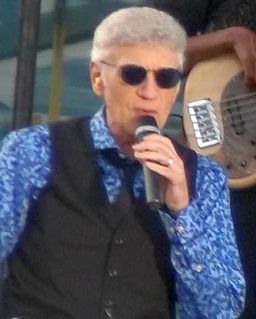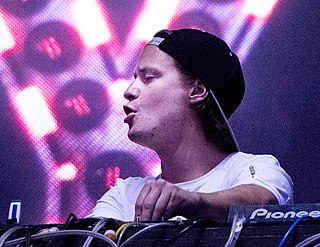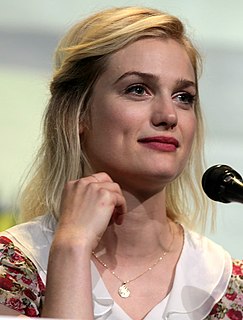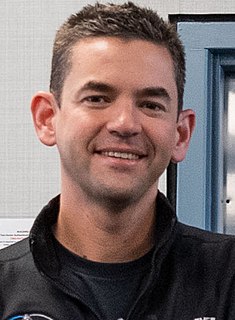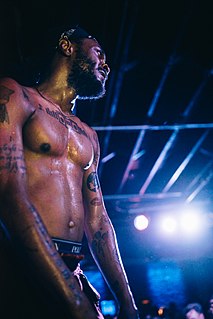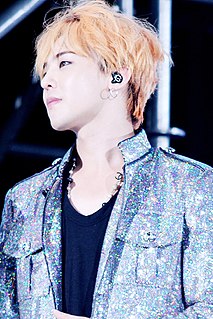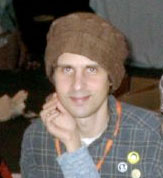A Quote by Dennis DeYoung
When I went out and started making solo records, I was determined not to, I guess, put my name on an album that sounded like Styx. I wanted to carve my own niche, so quite frankly I went in a different direction.
Related Quotes
I made 'Desert Moon' and when I made those solo albums, I was trying not to be Styx, because I thought, 'That belongs to us.' So, I made different kinds of solo albums that were not dipping my hand back into the magic Styx jar and pulling out all the tricks - because bands, they have tricks, don't they? That's what makes them different.
When I started making my tracks in the style that people call tropical house, I didn't do it on purpose to make it sound tropical. I made whatever I felt sounded good. I just wanted to make my own thing, and then suddenly people started calling it tropical ... I'm like, 'Yeah, that's probably a good name for it.'
After being replaced in Styx, everyone around me encouraged me to try and stop them legally. I just couldn't. It would have been like suing myself and I held out hope they'd ask me back. They toured under the STYX name for a year and a half before I initiated legal action. I didn't sue for money or use of the name. I simply wanted back in the band.
United Bank Card, I picked that name in 1999 because it sounded like an established financial institution, and I was 16 years old in my parents' basement, so I needed a name like that. The moment we started building our own hardware and software and had our point-of-sale capabilities by 2008, that was the last message we wanted to send.
When I was producing the first solo album, i just wanted to convey some messages through it. The message was 'no blood will come out even if I am pinned' However, after trying out different kinds of music activities, I started to change and wanted to convey my real emotion that I have in my everyday life. I want to express the feelings that everyone has felt at least once, in music so I think people will feel/understand my songs.
The whole point was just to be yourself, no matter what that was. You didn't have to fit into a certain punk-rock cliché. Create whatever your compelled to create. People were putting out their own records, and it just seemed natural to put out my own magazine. When I was really young, I started making magazines and little books, just folded-over pieces of typing paper, so when I discovered punk rock, it really blew my mind. I played in bands and stuff, but making my own zines seemed like an inherent part of that scene.
